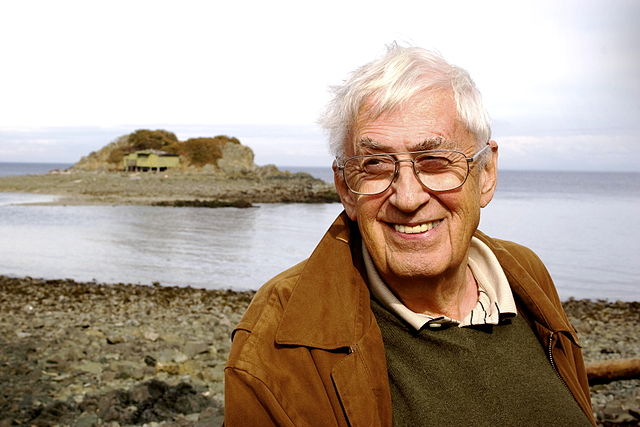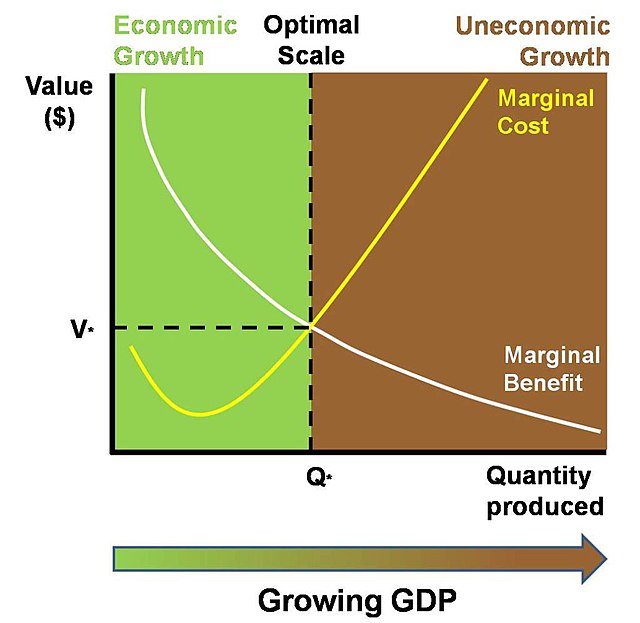Crawford Stanley "Buzz" Holling, was a Canadian ecologist, and Emeritus Eminent Scholar and Professor in Ecological Sciences at the University of Florida. Holling was one of the conceptual founders of ecological economics.
C. S. Holling
Ecological economics, bioeconomics, ecolonomy, eco-economics, or ecol-econ is both a transdisciplinary and an interdisciplinary field of academic research addressing the interdependence and coevolution of human economies and natural ecosystems, both intertemporally and spatially. By treating the economy as a subsystem of Earth's larger ecosystem, and by emphasizing the preservation of natural capital, the field of ecological economics is differentiated from environmental economics, which is the mainstream economic analysis of the environment. One survey of German economists found that ecological and environmental economics are different schools of economic thought, with ecological economists emphasizing strong sustainability and rejecting the proposition that physical (human-made) capital can substitute for natural capital.
The marginal costs of a growing economy may gradually exceed the marginal benefits, however measured.
Exergy analysis can be performed to find connections between economic value and the physical world. Here the costs of heating (vertical axis) are compared with the exergy content of different energy carriers (horizontal axis). Red dots and trend line indicate energy prices for consumers, blue dots and trend line indicate total price for consumers including capital expenditure for the heating system. Energy carriers included are district heating (D), ground-source heat pump (G), exhaust air heat pump (A), bioenergy meaning firewood (B), heating oil (O) and direct electric heating (E).



